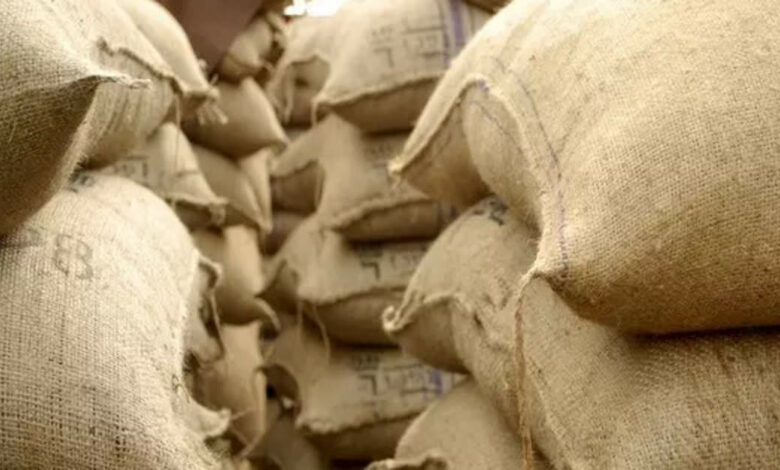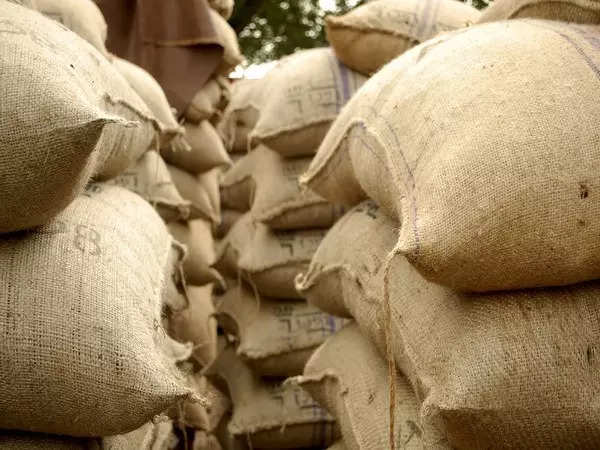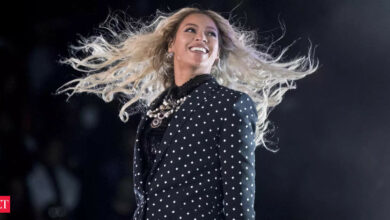sugar prices: Ahead of polls, govt acts tough to keep a lid on sugar, wheat prices; penalises those selling more sugar than their quota

It has penalised nearly 80 sugar firms that have sold more than their respective quota, asked wheat companies to disclose their stock during the harvest season and directed rice exporters to pay export duty even on freight charges to discourage exports, they said.
The consumer affairs, food and public distribution ministry has deducted 25% of the quota for April of some large sugar producers for selling more sugar than the allotted quantity in January.
These include Balrampur Sugar Mills and Kolhapur Sugar Mills.
At present, the government fixes a monthly quota for the sale of sugar in the domestic market.
“Sugar mills are required to make disclosures about stocks, etc., on a regular basis. However, when we tallied this against the data of goods and services tax (GST), we found discrepancies,” said a senior government official, who did not wish to be identified. Selling more than the allotted amount increases the supply of the sweetener in the market, bringing down wholesale prices which hurts other firms. It is important to step up vigilance ahead of the general election, when demand for essential food items goes up on account of increased public gatherings, to prevent any kind of mischief which can lead to price rise, said a senior government official. Earlier, the customs department had sent notices to rice exporters for payment of duty differentials on rice exported in the last 18 months — a rare tax demand that could reduce rice shipments from India.
“While exporters were paying a 20% duty based on the free on-board value of rice or the floor price fixed by the government, they want us to pay duty on the entire remittance received which includes freight charges also,” a large exporter of rice said on condition of anonymity.
India imposed a 20% export duty on white rice in September 2022, followed by a similar duty on parboiled rice in August 2023 to control domestic rice prices ahead of key 2024 state and national elections.
ADEQUATE SUPPLY
In a departure from previous years, the government has also extended the stock declaration requirement for wheat indefinitely during the harvest season and asked private players “not to hoard wheat” during the arrival season to allow for government procurement.
“All these steps will help in increasing the supply of these commodities in the market keeping prices under control,” said a trader, who deals in wheat and pulses.
Food inflation, which accounts for nearly half the overall consumer price basket, increased 8.66% in February, compared with a 8.30% rise in January. Prices of cereals were 7.60% higher year-on-year in February compared to 7.83% in the previous month, while vegetable prices rose 30.25% compared to 27.03% in January, data showed. Prices of pulses increased nearly 19% year-on-year in February.
Source link





